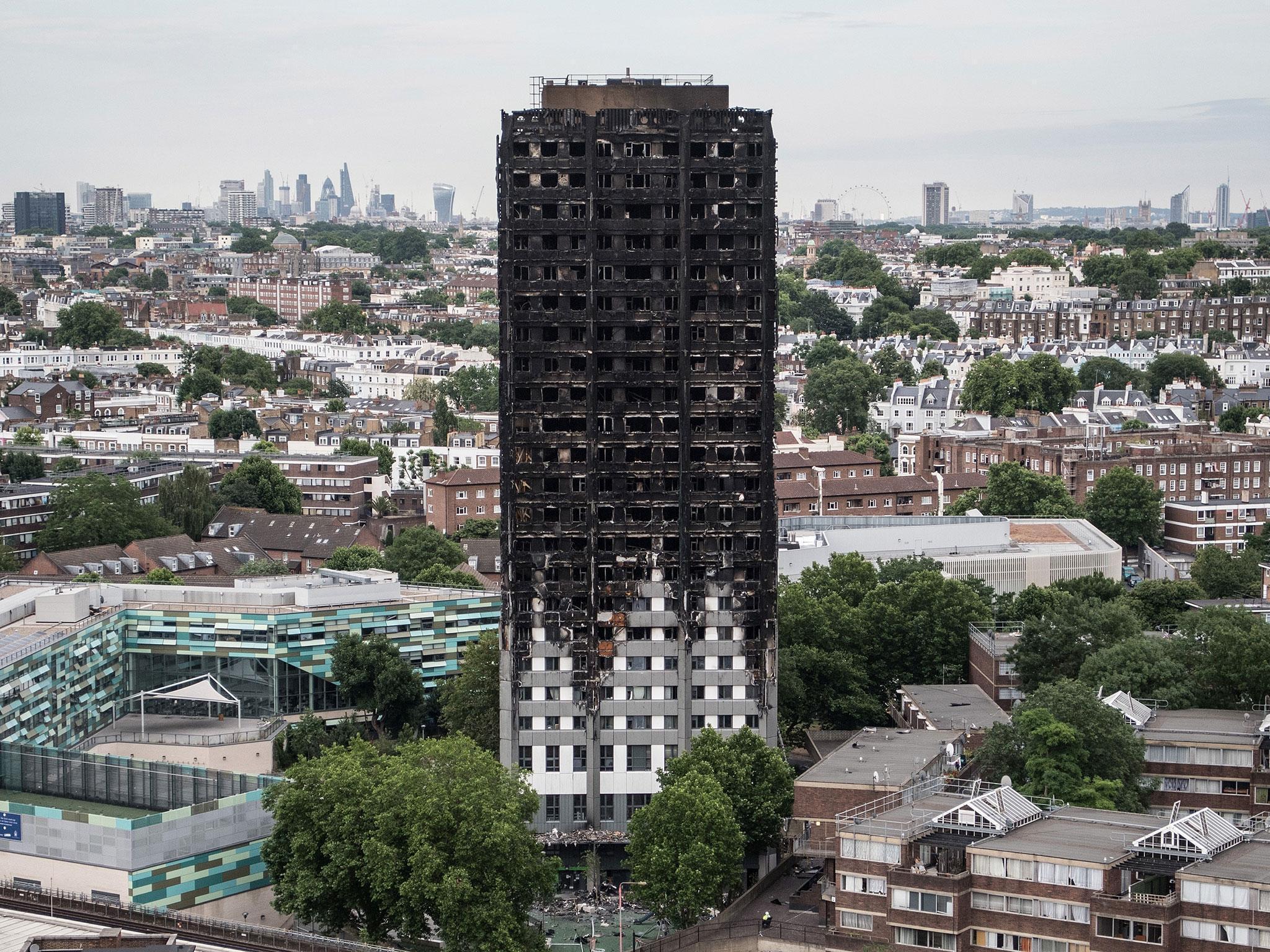Only central government intervention can resolve the failings of Kensington and Chelsea Council
The resignation of council leader Nicholas Paget-Brown was inevitable after RBKC sought to ban media from its cabinet meeting, but more action is necessary

Your support helps us to tell the story
From reproductive rights to climate change to Big Tech, The Independent is on the ground when the story is developing. Whether it's investigating the financials of Elon Musk's pro-Trump PAC or producing our latest documentary, 'The A Word', which shines a light on the American women fighting for reproductive rights, we know how important it is to parse out the facts from the messaging.
At such a critical moment in US history, we need reporters on the ground. Your donation allows us to keep sending journalists to speak to both sides of the story.
The Independent is trusted by Americans across the entire political spectrum. And unlike many other quality news outlets, we choose not to lock Americans out of our reporting and analysis with paywalls. We believe quality journalism should be available to everyone, paid for by those who can afford it.
Your support makes all the difference.Even by the flat-footed, if not downright arrogant, standards of the Royal Borough of Kensington and Chelsea, this week has been a poor one for its political leadership, culminating in the resignation of the leader of the council, Nicholas Paget-Brown. The surprise was that he staggered on for as long as he did.
Now that RBKC has lost its chief executive and its leader, and suffered the worst reputational damage to any public body in many years, we must ask: what next? Of course it is too early to issue any definitive judgements about the events that led to the Grenfell Tower fire – and the truth will inevitably be more perplexing than the conspiracy theories now circulating. But right now the burghers of Chelsea are giving a good impression of having something to hide. Why else would they seek to exclude the press and even backbench councillors from their “cabinet” meeting?
The defence offered is that they were to discuss matters that will be germane to the public inquiry and did not wish to prejudice it. Yet the council’s legal officers, in attendance, could have prevented any such discussions straying into those sensitive areas.
As things turned out there was neither a discussion nor any reporting of it because the council simply called their meeting off. Even No 10 thought that the council had gone too far, briefing that "the High Court ruled that the meeting should be open and we would have expected the council to respect that". That was the heavy hint about his future that Mr Paget-Brown eventually took.
The questions, of course, do not end there. Why was the council's initial response to the Grenfell Tower fire so slow and weak, leaving so much to the emergency services and voluntary organisations? Why was there no visible RBKC presence at the site of the disaster? Why even now is the situation so confused, and the offers of accommodation not always suitable? If these matters are not to be addressed in the pending public Inquiry to be chaired by Sir Martin Moore-Bick – and he has warned that his investigations will be narrower in scope than some would wish – then they need to be thoroughly looked at by somebody else.
Of course, a disaster of this magnitude could stretch any local authority beyond its capabilities. That is a perfectly fair counter to the allegations of RBKC complacency. It’s also true that the political leaders of the council are not heartless monsters who gazed on the scenes of people being burnt alive with equanimity. What is also plain, however, is that they were too slow in mobilising what resources that they did have; and RBKC has more money than most local authorities. There are important questions about how to deal with disasters such as this – including the aftermath of terror attacks – and since the end of the Cold War British “civil defence” measures have been neglected. Now is the moment to revisit them.
There is still a huge task to be undertaken to care for the people who lived in that now ruined tower block, to arrange for their future housing and to cooperate with all the inquires now being undertaken, as well as to run the day to day operations of Kensington and Chelsea Council. There is a case for the Government to use its reserve powers and direct at least these aspects of the council’s work until the crisis passes. Whitehall has intervened in local government a number of times before, albeit in different circumstances of financial mismanagement and corruption, and can, in any case, legislate to ensure that people are protected when a council fails, for whatever reasons, to undertake its duties effectively.
There may be some deep irony in the fact that the landmark legislation that opened up local council meetings to the press was a private members bill introduced to Parliament in January 1960 by a young Tory backbencher by the name of Margaret Thatcher. In fact she used her maiden speech to move her Public Bodies (Access of the Press to Meetings) Bill in the Commons, declaring that “the paramount function of this distinguished House is to safeguard civil liberties rather than to think that administrative convenience should take first place in law”.
Her error was to allow a loophole whereby a majority could declare a meeting closed on grounds of confidentiality. It is time, too, for that shortcoming in legislation to be corrected and for the public and the media to have all but automatic access to meetings that decide so much in our name.
Join our commenting forum
Join thought-provoking conversations, follow other Independent readers and see their replies
Comments